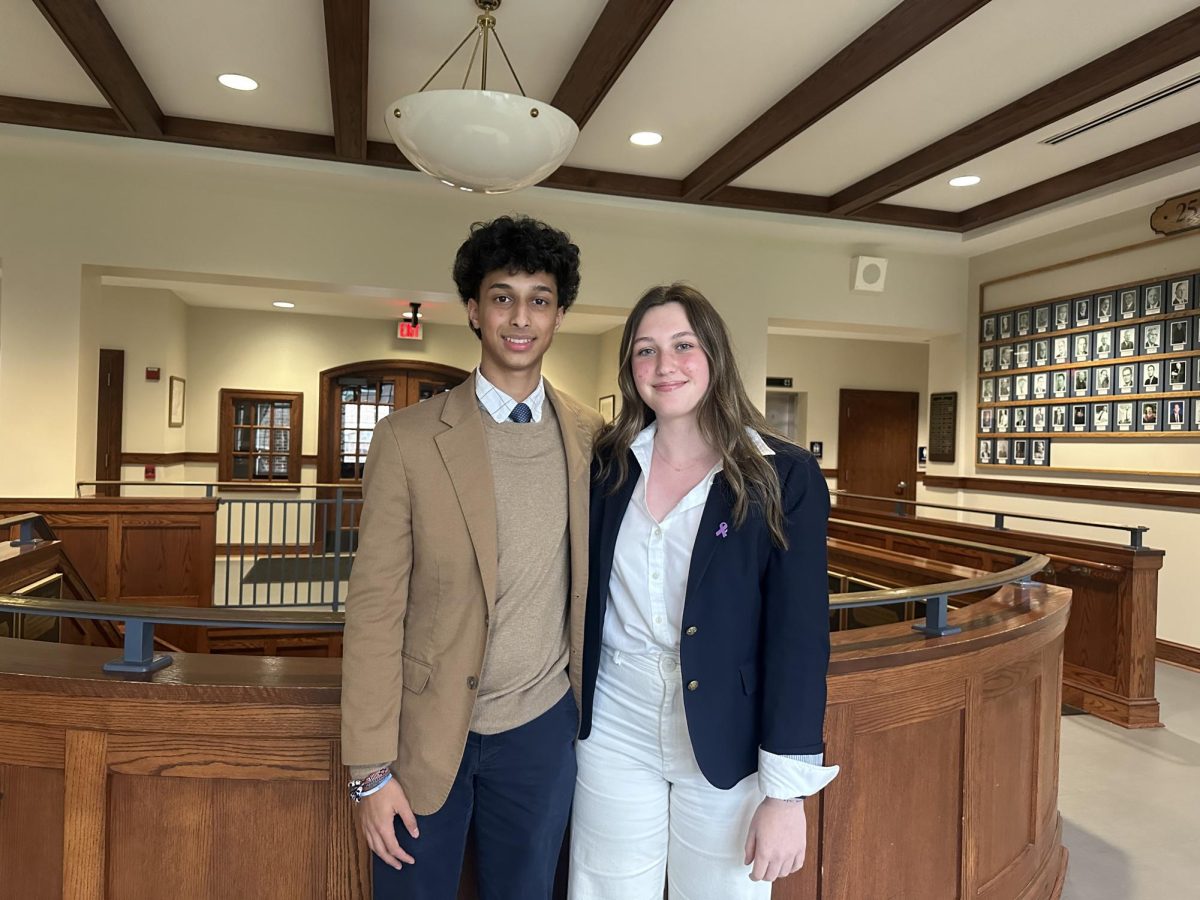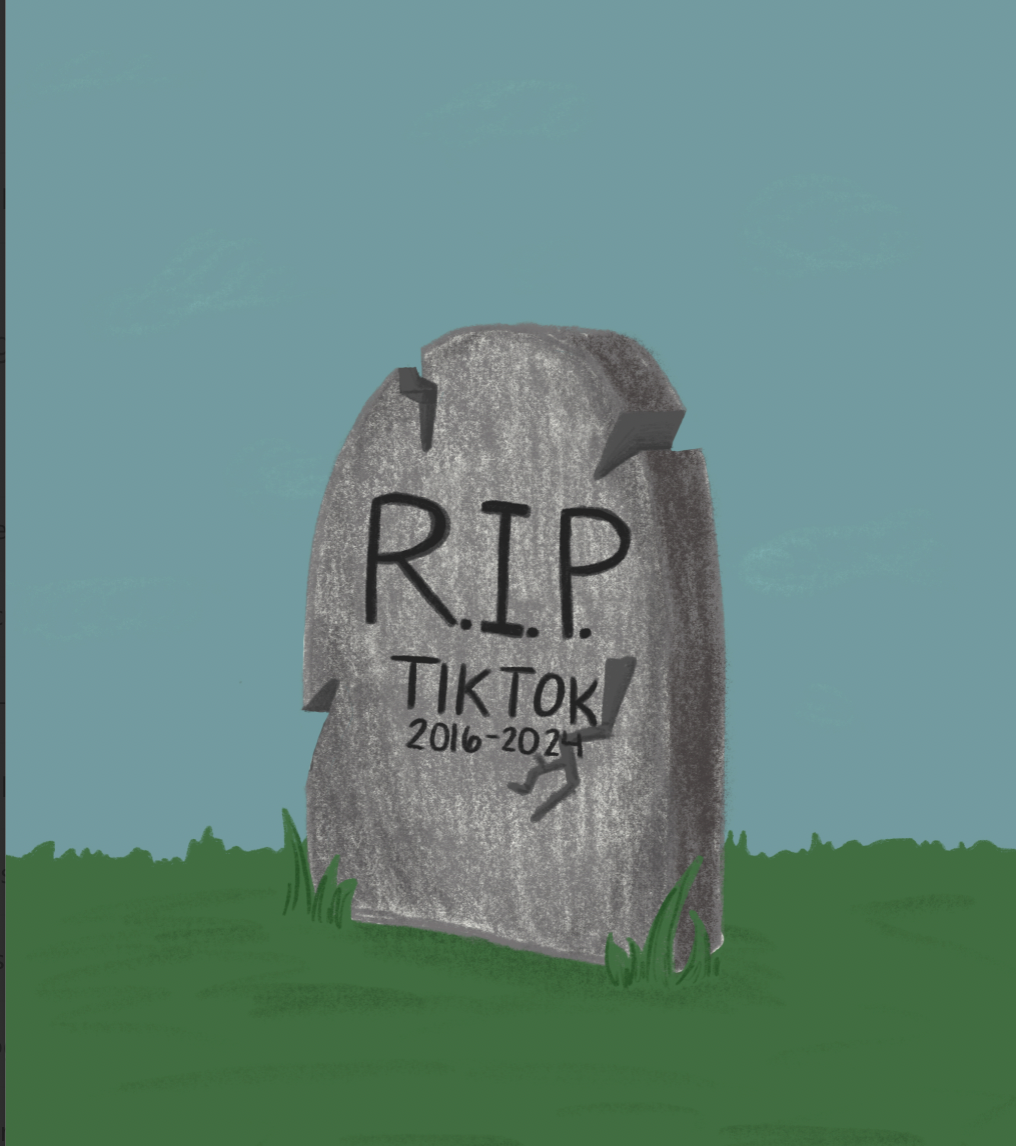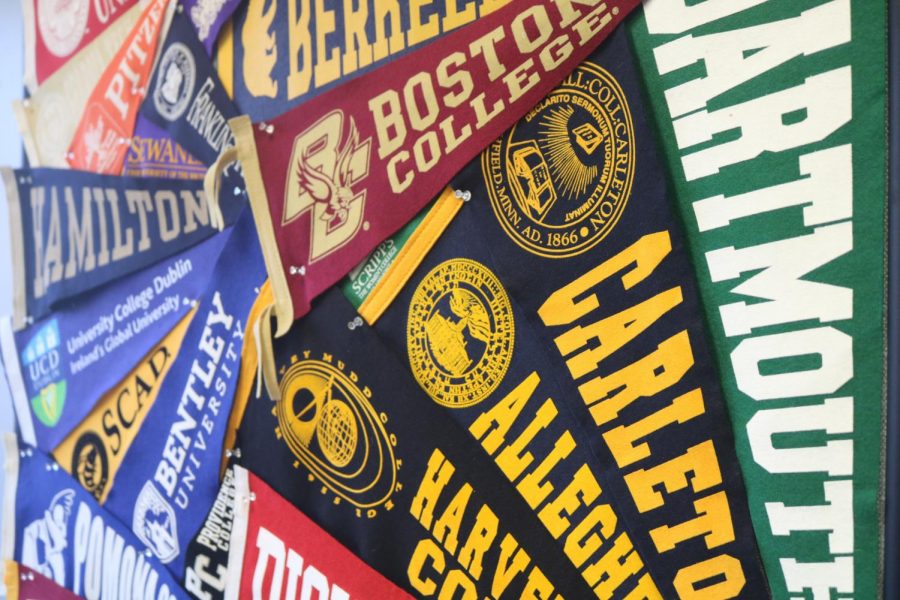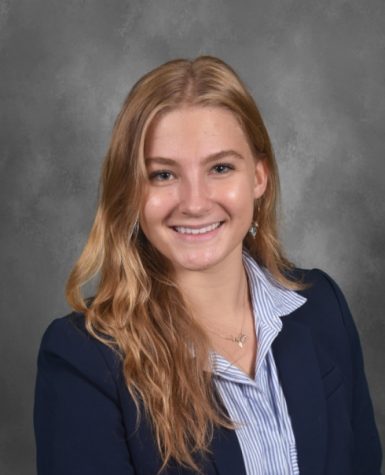Hill athletes shooting for NCAA face new challenges
Media: Sarah Wisneski
The collection of college flags pinned at the College Counseling Office
The recruitment process is no surprise to most athletes by virtue of the abundance of talent at Hill, but this year, with COVID-19 restrictions across the country, the limitation of commuting has impacted the college process for sports quite a bit. With the limited competition for sports and no in-person recruitment until 2021, athletes are battled with the challenge to find creative ways of reaching out to coaches and putting themselves out there.
Susanna Soderman, a 6th former from Schwenksville, Pa., has been committed to Villanova since her sophomore year. She expressed that the situation “hasn’t impacted my commitment dramatically, but, without playing with my club and playing games, my college coach has not been able to see me play and see my improvement.”
Despite the fact that her commitment has had “no negative impact,” these restrictions have caused difficulties in her preparation. “Training has been extremely hard during this time,” Soderman said. “I feel like my game IQ has lowered because of these conditions.” Although training alone is normal, the individual aspect of preparation has increased immensely.
A problem that Soderman points out: “I can feel my fitness and endurance going down,” is one that many athletes face at this point.
For athletes who have just secured their commitment to a college, the process has varied. Will Schaller, a 5th former from Bel Air, Md., is one such student.
Without a spring season in his 4th form year, Schaller had to take things into his own hands. “A lot of it was individual work, I would go to a local field with my dad and brother to do what I could to stay fit and keep my stick in my hands,” Schaller said. During summer, things started looking up a little. Schaller had “the opportunity to play some tournaments and showcases here and there,” allowing him the chance to “squeeze a good amount of lacrosse in.”
Before his commitment to the University of Maryland this September, Schaller said, “I sent emails when I could, went to prospect days, went to showcases and camps to build relationships with coaches early on.” When the time came to come to a decision, he wanted to make his decision with a “methodical approach” and make sure to take his time.
Moving forward, Schaller has no aim to sit back and relax; rather, “now is the time to reach the main goal and be part of the team. There is a lot more work to do.”
Despite difficult conditions, Hill and universities alike are being as accommodating as possible to facilitate the needs of student-athletes in attaining their goals.




























